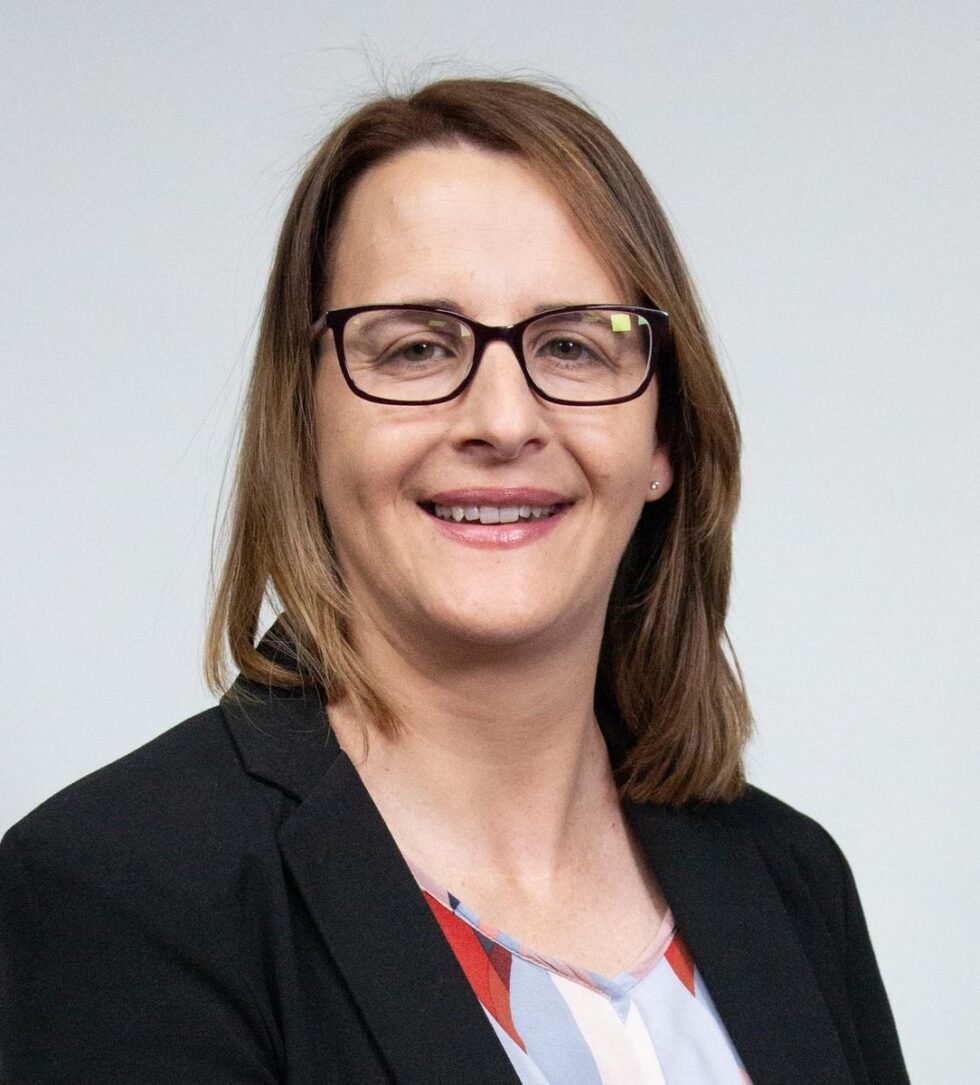
Minette Barkhuysen, General Manager: Core Enterprise Systems at Mediclinic Southern Africa
For those working in the ICT teams of the country’s healthcare facilities, it was a particularly intense time as necessity drove unexpected digital innovations and we strived to provide the best possible support to frontline health workers amid the most widespread pandemic the world has experienced. In the aftermath, it can be easy to forget that the speed at which the COVID-19 virus spread, as well as the scale and scope of the pandemic, were truly unprecedented.
The COVID-19 experience and lessons learnt are at the core of the healthcare sector’s preparedness for future pandemics. Tech solutions enhanced the sector’s collaboration with government and other healthcare sector stakeholders so that Mediclinic could effectively play its part in the systemic, countrywide response to COVID-19. Platforms such as the Bed Bureau were used to optimise private hospital capacity in any area that was under pressure, at any time. We used the government vaccination systems to not only ensure that frontline staff accessed vaccines but to offer the company’s services to the public as additional community vaccination centres. It was a crisis time that inspired broad collaboration. For instance, Mediclinic made its source code for online screening questionnaires freely available to other parties.
Migrating hundreds of corporate and regional office staff, in Mediclinic’s case more than 700 employees, to work from home was a COVID-era challenge that many other South African businesses also grappled with. However, the healthcare sector also faced unique challenges, and finding fast and effective ICT solutions for broad-based work-from-home, had a life-or-death edge. Going through this emergency experience has developed a certain resilience across Mediclinic’s operations in terms of absorptive, adaptive, and transformative capacities:
Absorptive capacity – Teams were reallocated across the business, not only in ICT to ensure the best possible support for the business. Teams from Corporate Office were sent to where they were most needed across facilities. Call Centre agents were used as support for the transition to work-from-home. The ER24 Contact Centre became a key tool for any COVID-19 related queries from the public, allowing capacity at a hospital level to focus on operational tasks.
Adaptive capacity – the immediate adaptation was the work-from-home scenario as well as prioritising projects that met the immediate demands of the business. Work-from-home operations were fully operational within a week enabling the continuity of essential direction and support from the Corporate Office structures. Adaptive projects included enabling the ER24 Contact Centre to make use of the Bed Bureau to monitor ICU bed capacity, as well as providing screening tools to facilitate staff screening and access control.
Transformative capacity – Through accelerated changes to its working structures, Mediclinic has now introduced a Dual Workplace option as a permanent option for employees at Corporate Office. The work-from-home measures during the pandemic produced a long-term change that now offers employees more flexibility in their working conditions, as well as ensures a foundation of pandemic-readiness.
The pandemic as a driver of healthcare delivery
One of the accelerating impacts of the pandemic has been the uptake of telemedicine. From a technology point of view, connecting patients and healthcare practitioners was a ready-to-go solution. There were some new functional requirements that the ICT team had to work on as more and different health professionals were using the telemedicine platform but none of these presented significant challenges. The ICT team partnered with a health-tech provider whereby doctors and specialists could opt in and offer their patients virtual consultations.
The platform helped patients to access medical services from the comfort and safety of their homes during lockdown periods, reducing exposure to the virus for both patients and healthcare workers. Doctors and other medical staff were able to efficiently consult patients virtually.
From our experience with COVID-19, it is clear that tele-medicine is crucial to pandemic-readiness. Tech innovations will continue to be relevant in maintaining robust, efficient tele-health platforms.
Another example of how ICT had to step forward to find pandemic solutions was adapting the stock management system that monitors typical usage, predicts expected usage, and closes the loop with automated ordering. A pandemic disrupts this as certain items spike in unprecedented ways. We needed to adjust procurement’s view of stock, allow for zooming in on specific key items and shift the prediction model into a pandemic mode. This work on the stock management system has greatly enhanced Mediclinic’s pandemic readiness as it can be replicated for other disease outbreaks.
As healthcare providers across the world use the COVID-19 experience to improve their pandemic readiness, there is an increasing focus on the critical role of healthcare data. Access to real-time healthcare data can improve early detection and inform effective response plans. It is also essential for tracking and surveillance to identify hotspots and patterns, as well as preventing supply chain disruptions and improving resource allocation.
There’s no doubt that readiness for future pandemics will be largely tech-driven, and this makes for a particularly dynamic and rewarding time to be a tech worker in the healthcare industry.